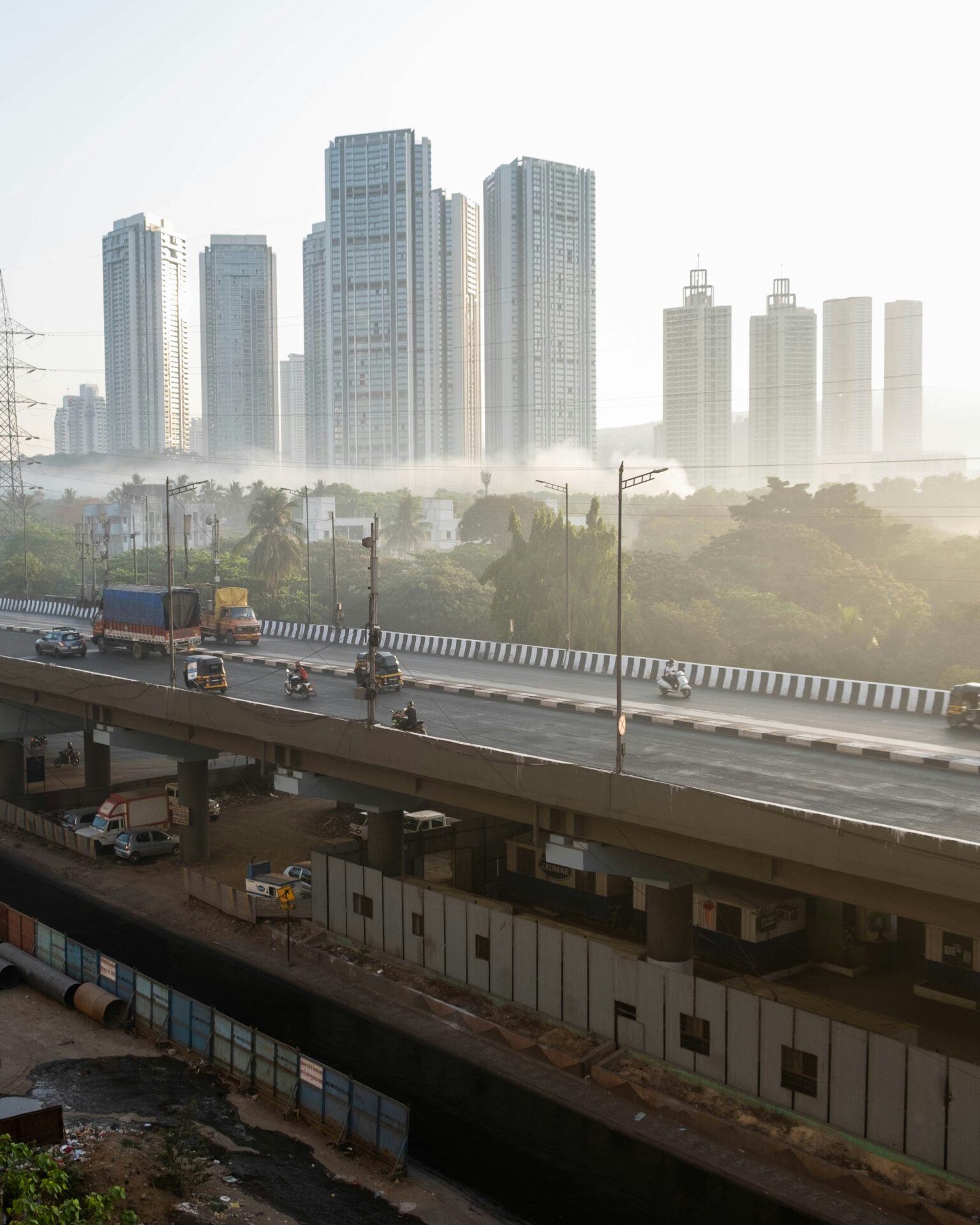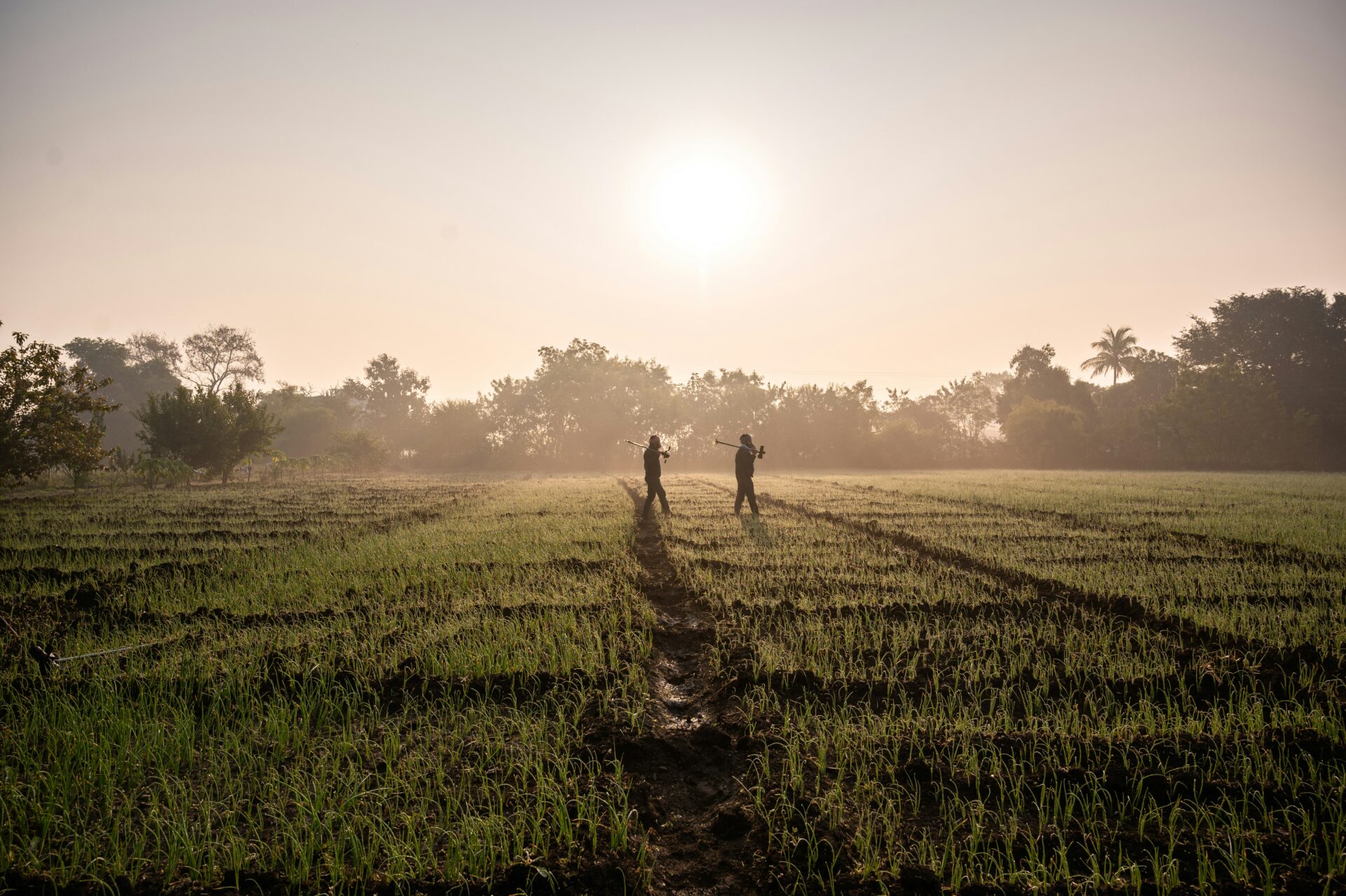Large swathes of India’s populations are increasingly vulnerable to extreme weather events driven by climate change, including prolonged heatwaves that imperil health and livelihoods. This track convenes leading medical and public health professionals, and health system experts, from India and the world to address essential questions on the impact of heat.
The group will examine key challenges in quantifying heat exposure over different timescales. This track will work toward drafting a white paper documenting best practices for assessing impact on health due to climate extremes. Subsequent sessions will examine how best to integrate existing climate projections into epidemiological models for resilient health systems. This event will also describe how evidence based clinical pathways and health care facility resilience need to be formulated in the Indian context.
An additional focus will be on conversations that can guide policy and community action, integrating insights from health, work, and the built environment. This track is poised to forge pathways towards robust, scalable solutions that prepare communities and health systems for the challenges posed by climate change, focusing on improving health outcomes and system preparedness.
EXPOSURE AND IMPACT
In this session, we will identify the approaches to the question, how hot is too hot? What are the most useful ways of thinking about heat exposure in the context of human health? What are the limitations of absolute thresholds of heat (and humidity)? What are other ways to define heat exposure? What are current approaches for measuring the impact of heat on human health? What are some of the leading studies in India that are quantifying the impact of heat on health? What research gaps if addressed will help policies that protect human health from extreme heat? We will examine how India’s Digital Public Infrastructure can be leveraged for making critical climate and health data more readily available to improve ascertainment of the impact of heat on population health. The session will focus on two themes:
A] Measuring the impact on human health
Prompt Facilitators
- Jason Kai Wei Lee (Research Associate Professor, Department of Physiology, National University of Singapore)
- Robert Meade (Postdoctoral Research Fellow, Department of Epidemiology, Harvard T.H. Chan School of Public Health)
- Purnamita Dasgupta (Chair in Environmental Economics and Head, Environmental and Resource Economics Unit, Institute of Economic Growth)
- D Praveen (Global Strategic Priority Lead – Better Care & Director Primary Health Care, The George Institute for Global Health)
- Steven Sherwood (Professor, Climate Change Research Centre, University of New South Wales)
Session Moderator: Satchit Balsari (Associate Professor, Emergency Medicine, Harvard Medical School)
B] Data and Methods for population level estimations
Prompt Facilitators
- Bhargav Krishna (Convenor, Sustainable Futures Collaborative)
- Joel Schwartz (Professor of Environmental Epidemiology, Department of Environmental Health, Harvard T.H. Chan School of Public Health)
- Dr. Soumya Swaminathan (Chairperson, M.S. Swaminathan Research Foundation)
Session Moderator: Caroline Buckee (Professor of Epidemiology, Harvard T.H. Chan School of Public Health)
Respondents:
- Debarati Guha-Sapir (Professor Emeritus and Director, Centre for Research on the Epidemiology of Disasters (CRED), Université catholique de Louvain)
- Andreas Flouris (Professor of Physiology, Department of Exercise Science, University of Thessaly)
- David Jones (A. Bernard Ackerman Professor of the Culture of Medicine, Harvard Medical School)
CLIMATE AND WEATHER ASSOCIATED DISEASE MODELING AND FORECASTING CHALLENGES
Understanding how long-term climate change and more immediate shifts in environmental and seasonal conditions will impact the burden of human diseases is of increasing interest to policy makers. Vector-borne infectious diseases such as dengue and malaria have inherent dependencies on temperature and rainfall, for example, so the geographic range of mosquito vectors and the intensity and distribution of transmission may shift under climate change, with implications for health system preparedness. In parallel, methods for disease forecasting and early warning systems for outbreaks have been progressing since COVID-19, with varying success. For vector-borne diseases, there are now many approaches being developed that use weather or climate variables as inputs to models that are intended to provide early warning of dengue or malaria outbreaks.
Here, we discuss the opportunities and challenges to both short- and long-term forecasting and modeling efforts for vector-borne diseases and other environmentally-driven health conditions.
- Temporal and spatial scales of climate models and epidemiological data (long-term predictions about the distribution and burden of disease)
Prompt Facilitators:
- Aakash Shrivastava (Additional Director and Head, Centre for Environmental & Occupational Health, Climate Change & Health, National Centre for Disease Control)
- Bhargav Krishna (Convenor, Sustainable Futures Collaborative)
- Raj Shankar Ghosh (Senior Advisor, Environmental Health, Public Health Foundation of India)
Moderator: Caroline Buckee (Professor of Epidemiology, Harvard T.H. Chan School of Public Health)
This section will delve into the alignment of climate models with epidemiological data for long-term predictions concerning the distribution and burden of disease. It will examine the granularity of climate models in relation to the data collected by health system surveillance, questioning whether the right types of epidemiological information are being gathered, especially from primary care facilities. Additionally, the session will address the key uncertainties affecting longer-term health forecasts, such as demographic shifts, migration patterns, and stochastic events like socio-political changes and technological advancements. The impact of land use changes on disease patterns and the challenges these pose in anticipating the emergence of pandemics will also be discussed
- Short-term forecasting of VBD outbreaks (early warning systems using weather predictions etc)
Prompt Facilitators:
- Emily S. Gurley (Distinguished Professor of the Practice, Department of Epidemiology, Johns Hopkins Bloomberg School of Public Health)
- Madhav Joshi (Chief Executive Officer, India Health Fund)
- Caroline Buckee (Professor of Epidemiology, Harvard T.H. Chan School of Public Health)
Moderator: Gautam Menon (Professor of Physics and Biology, Dean (Research), and Head, Centre for Climate Change and Sustainability (3CS), Ashoka University)
This discussion focuses on the significant data challenges in vector-borne disease surveillance, including time lags in reporting, issues with asymptomatic transmission, gaps in entomological and epidemiological data, and varying diagnostic capacities across regions. It examines how different modeling approaches—statistical versus dynamical—compare in terms of their utility for forecasting, the accuracy of their time scales, and the overall need for rigorous validation of these models. Additionally, the session will explore key uncertainties that affect the reliability of predictions, such as human behaviors, the capability of health systems to report accurately, and the mobility and migration patterns of populations. It also addresses the stochastic nature of disease outbreaks. The discussion aims to identify reasons behind the failures and successes of past forecasting efforts, extracting lessons to improve future disease surveillance and outbreak prediction.
- Beyond vector-borne diseases: can we anticipate shifts in non-communicable disease burden? (summary)
Prompt Facilitators:
- Joel Schwartz (Professor of Environmental Epidemiology, Departments of Environmental Health and Epidemiology, Harvard T.H. Chan School of Public Health)
- Dorairaj Prabhakaran (Vice President (Research & Policy), Public Health Foundation of India; Executive Director, Centre for Chronic Disease Control; Professor of Epidemiology, London School of Hygiene and Tropical Medicine)
Moderator: Soumya Swaminathan (Chairperson, M.S. Swaminathan Research Foundation)
This segment explores the potential to forecast shifts in the burden of non-communicable diseases (NCDs) due to environmental changes. The discussion will center on what is necessary to effectively integrate environmental and epidemiological data at the health system level. It will question the types of data needed to clearly identify and understand the environmental drivers of NCDs, such as air quality, water quality, and urbanization impacts. The session will delve into how data integration can be optimized to improve predictions and interventions for NCDs, considering the complexities of environmental influences on chronic health conditions.
Session Respondents:
- Bhargav Krishna (Convenor, Sustainable Futures Collaborative)
- Caroline Buckee (Professor of Epidemiology, Harvard T.H. Chan School of Public Health)
TOWARDS RESILIENT HEALTH SYSTEMS
This session aims to tackle the pressing issue of strengthening health systems to better withstand and respond to the challenges posed by extreme heat. The focus will be on assessing the resilience of current health systems, modifying clinical pathways to better manage heat-related health risks, and leveraging universal health coverage to build foundational climate resilience. We will discuss the integration of heat considerations into existing health programs, building the capacity of healthcare professionals, and creating specialized clinical services to address the unique challenges of heat-related health threats.
A]: Infrastructure Development and Resilience
This section will focus on strengthening health facility resilience against extreme heat by designing and retrofitting buildings with cool rooms and heat stroke wards. It will address the needs identified through climate projections, integrate sustainable energy systems, and enhance water and sanitation systems. Critical infrastructure will be developed with redundancies to ensure continuous care, and advancements in material sciences will be leveraged to reduce body surface temperatures, with consideration given to urban ecology.
B] Path to Scale and Finance
The discussion will evaluate the scalability of heat adaptation solutions and explore innovative financing mechanisms such as parametric insurance and anticipatory financing. It aims to build economic arguments for investments in health system adaptations to heat, similar to strategies used in air quality advocacy, ensuring these initiatives can be expanded to a broader scale effectively.
C] Equity in Adaptation and Vulnerable Populations
This session will prioritize heat adaptation interventions for marginalized communities, focusing on gender-responsive approaches and the needs of biologically vulnerable groups including children, the elderly, and pregnant women. It will also address the mental health impacts of climate change and emphasize community-led resilience, particularly supporting vulnerable livelihoods and enhancing access to innovative health products.
D] Governance, Policy Integration, and Coordination
Efforts will be made to coordinate solutions across researchers and policymakers to ensure scalability and affordability. This will include promoting intersectoral thinking and strengthening multi-level coordination between health systems. The session will advocate for mainstreaming heat considerations into existing health policies and developing coordinated approaches across sectors, with a strong emphasis on establishing monitoring frameworks to track progress and accountability.
Prompt Facilitators
- Indu K. Murthy (Sector Head – Climate, Environment and Sustainability, Center for Study of Science, Technology and Policy (CSTEP))
- Soumya Swaminathan (Chairperson, M.S. Swaminathan Research Foundation (MSSRF))
- Madhav Joshi (Chief Executive Officer, India Health Fund)
- Vishwas Chitale (Senior Programme Lead, Climate Resilience, Council on Energy, Environment and Water (CEEW))
- Caleb Dresser (Assistant Professor of Emergency Medicine, Harvard Medical School)
Moderator
- Nitya Mohan Khemka (Advisor, The Nand & Jeet Khemka Foundation)
Respondents
- K. Srinath Reddy (Honorary Distinguished Professor and Former President, Public Health Foundation of India (PHFI))
- Mirai Chatterjee (Director, Social Security, Self Employed Women’s Association)



